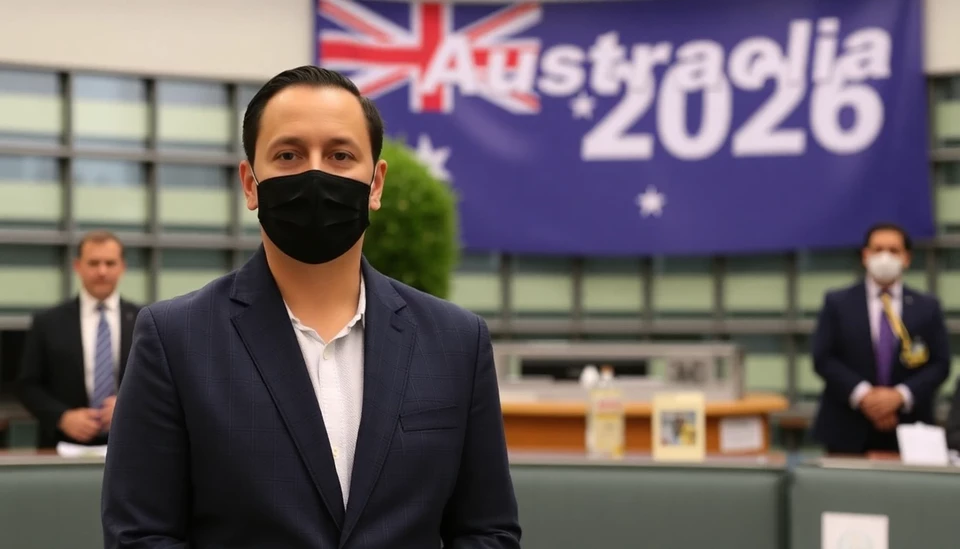
Recent reports indicate that Australia's household spending fell short of expectations in February, sparking concerns about the resilience of consumer behavior amid ongoing economic pressures. The latest data from the Australian Bureau of Statistics has revealed that consumer expenditures grew at a slower pace than analysts had anticipated, raising questions about the potential implications for the broader economy.
According to the figures released, household spending rose by just 0.2% in February, significantly below the 0.5% growth forecasted by economists. This deceleration in consumer spending comes in the wake of rising interest rates and escalating costs of living, factors that are undoubtedly weighing heavily on the decision-making of Australian families.
As inflation continues to impact everyday expenses — from groceries to housing — many households are tightening their budgets and reassessing their discretionary spending. With climbing prices and stagnant wage growth, consumer confidence appears to be waning, which is reflected in this latest spending report.
Analysts highlight that while some sectors, notably the hospitality and travel industries, have shown signs of recovery, others like retail have struggled to maintain momentum. This divergence indicates a challenging landscape for businesses, particularly as they strive to entice consumers who are increasingly budget-conscious.
The Reserve Bank of Australia has been closely monitoring these trends, as household consumption represents a significant driver of the nation’s economic health. Experts suggest that should this trend of reduced spending continue, it could impede economic growth and complicate policy decisions regarding interest rate adjustments.
In light of these developments, economists are urging the government to consider measures that would bolster consumer spending and support struggling households. Whether through targeted fiscal stimulus or other interventions, there is a growing consensus that proactive steps may be required to stimulate demand and improve overall economic conditions.
Ultimately, the February spending figures remind us of the delicate balance that exists within the economy and underscore the ongoing challenges that consumers face as they navigate a complex financial landscape. Policymakers and businesses alike will need to stay agile and responsive as they adapt to shifting consumer behaviors in the months ahead.
As Australia faces these economic challenges, the hope is that upcoming data will provide further insights into consumer sentiment and spending patterns, which will be critical in shaping future economic strategies.
#Australia #HouseholdSpending #Economy #ConsumerTrends #EconomicGrowth
Author: Laura Mitchell




